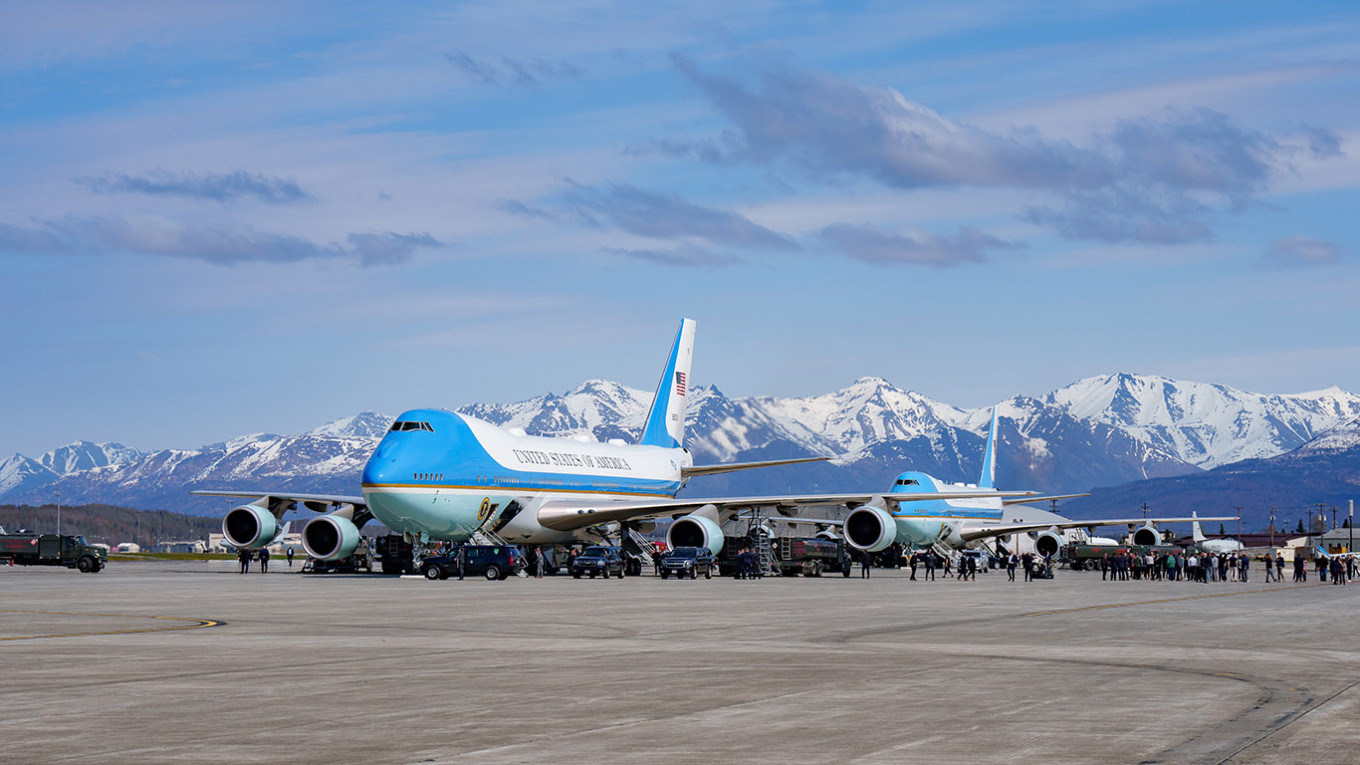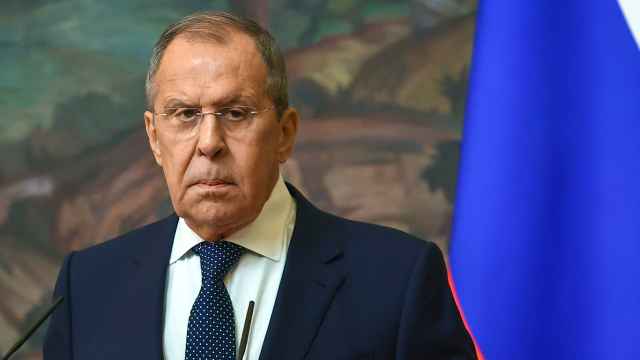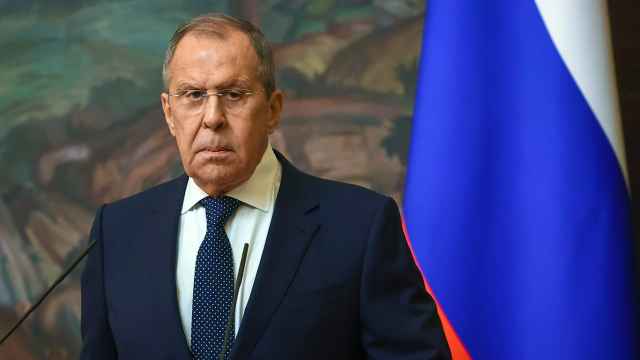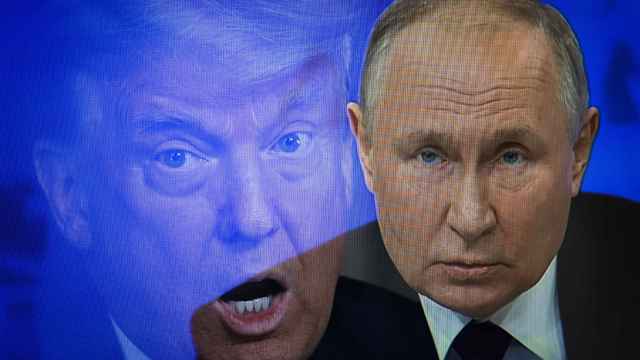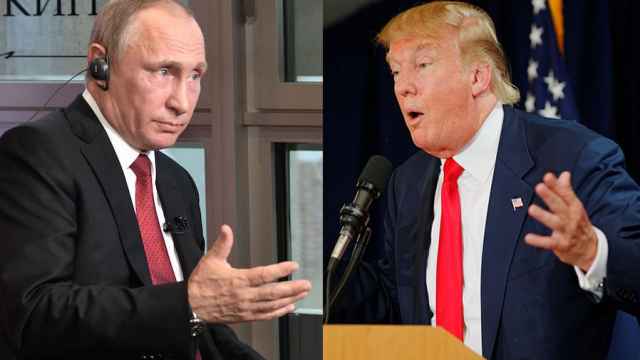U.S. President Donald Trump and Russian counterpart Vladimir Putin are set to meet at Joint Base Elmendorf-Richardson in Alaska on Friday, with the Russian delegation having arrived Thursday morning local time.
Each president is accompanied by high-level delegations who will meet in addition to the one-on-one talks.
Let’s take a look at who’s going to be at the table in Anchorage.
Russian delegation
Foreign Minister Sergei Lavrov
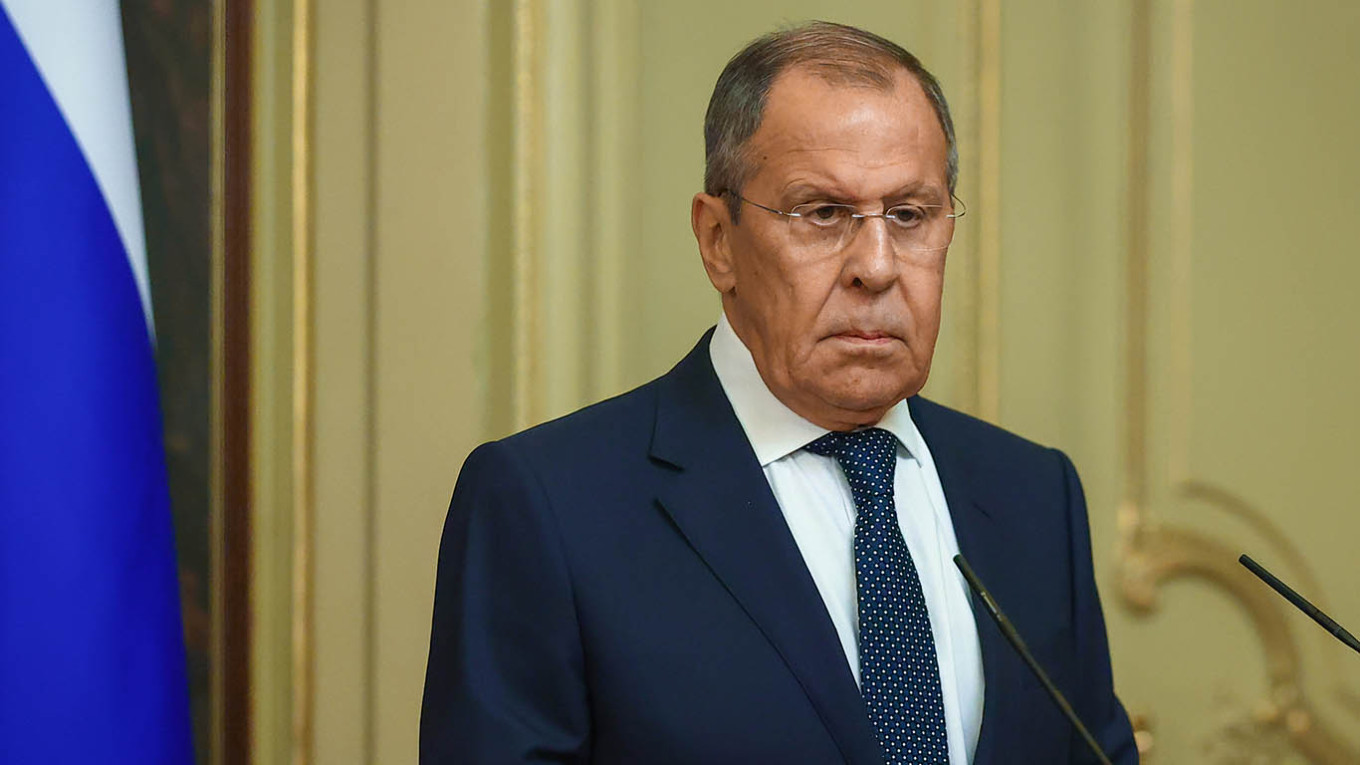
Lavrov, 75, has been Russia’s foreign minister since 2004. Described as "the frowning face of Russian diplomacy," he is now dealing with his fifth U.S. presidential administration and is rumored to have tried to retire numerous times to no avail.
According to the Financial Times, Lavrov, like many top officials, was not informed of Russia’s full-scale invasion of Ukraine until 1 a.m. on Feb. 24, 2022.
Lavrov met with U.S. Secretary of State Marco Rubio as recently as July, when the pair met in Kuala Lumpur on the sidelines of the annual ASEAN forum. The American diplomat told reporters that he expressed his and Donald Trump’s “frustration” at the lack of progress in the peace process during his meeting with Lavrov.
In June, Lavrov said that Russia was fighting the entire West with no allies for the first time ever.
“In World War I, in World War II, we had allies. Now we have no allies on the battlefield. Therefore, we must rely on ourselves, we must not allow any weakness or complacency,” he said.
Lavrov has ruled out any territorial concessions to Ukraine as conditions for ending the war.
Kirill Dmitriev
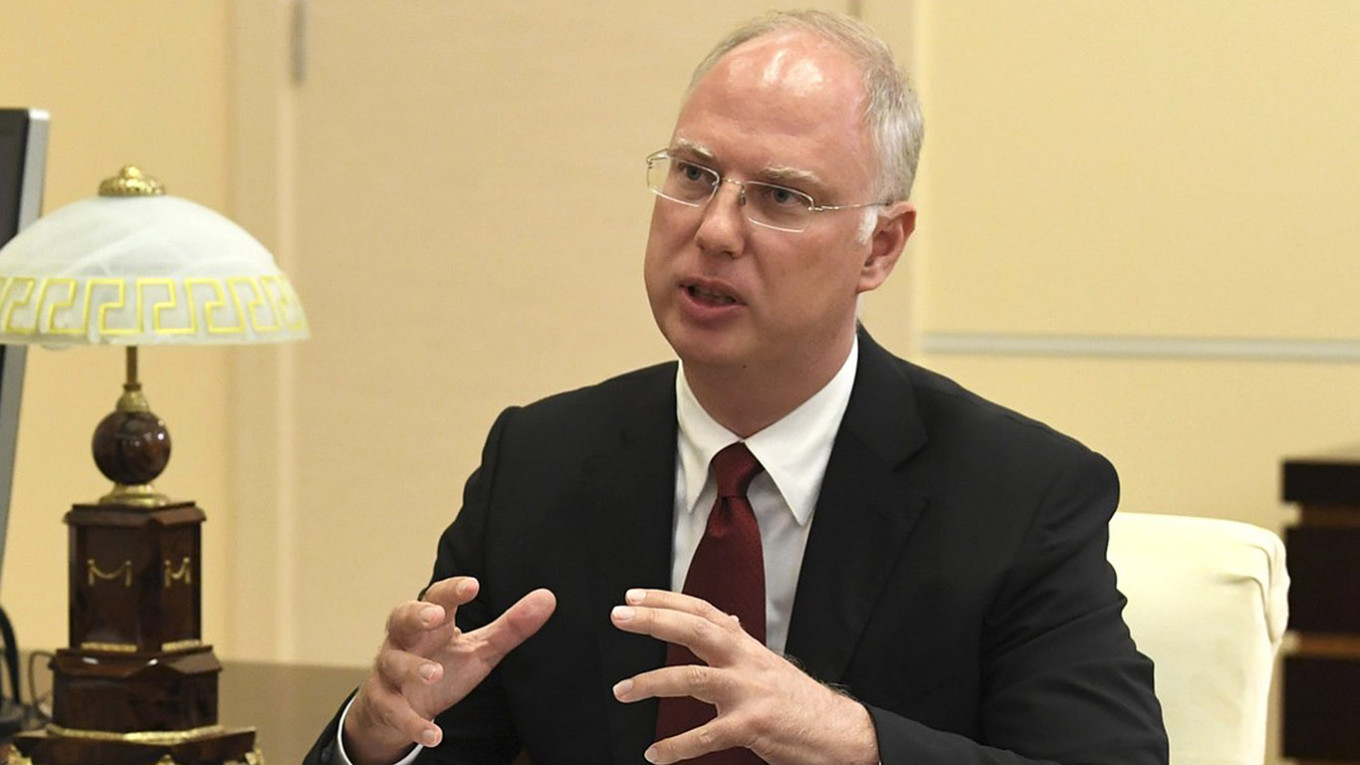
Russia’s special economic envoy has played a key role in negotiations since the Feb. 18 meeting between U.S. and Russian officials in Riyadh.
The Wall Street Journal reported that Dmitriev has forged a close relationship with U.S. envoy Steve Witkoff, with the pair spotted walking the streets of Moscow together during Witkoff’s visits.
The Kyiv-born CEO of the Russian Direct Investment Fund (RDIF) is a graduate of Stanford and Harvard and worked for both Goldman Sachs and McKinsey after graduation.
Dmitriev reportedly returned to Russia in 2000 to work as deputy general director at IBS, then as investment director at a division of the U.S.-Russia Investment Fund created under Bill Clinton.
Dmitriev was found to have met with Trump donor and Blackwater PMC founder Erik Prince in January 2017 to establish a link between Trump’s transition team and Moscow. That same month, Dmitriev met with Trump advisor Anthony Scaramucci at the World Economic Forum in Davos.
Yuri Ushakov
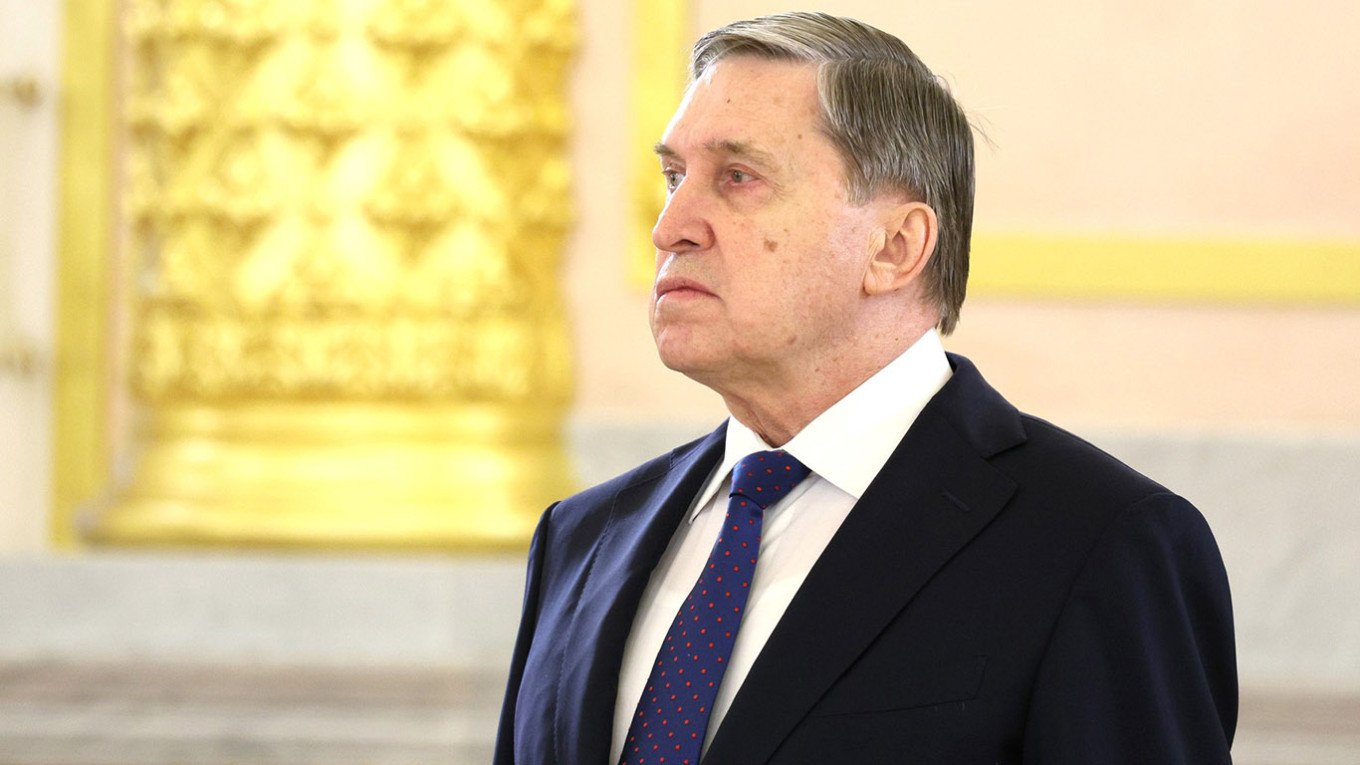
A foreign policy aide to Putin since 2012, Ushakov previously served as Russia's ambassador to the OSCE, the Russian ambassador to the U.S. and deputy chief of the government staff.
Ushakov has been involved in Russian foreign policy across the globe, commenting on and attending meetings related to BRICS, Ukraine, East Asia, the Caucasus, the Middle East, Africa and Europe.
Ushakov is Putin’s “America guru,” Toby T. Gati, who served as the National Security Council’s senior director for Russia, Ukraine and the Eurasian States under the Clinton administration, said in Politico. He added that Ushakov would be a “largely silent presence” who will occasionally provide important insight or context to the Russian side.
On Thursday, Ushakov told reporters that "the most acute regional and international issues" would be touched upon, in addition to the war in Ukraine, and that the length of the talks would depend on “how the discussion goes.”
Defense Minister Andrei Belousov
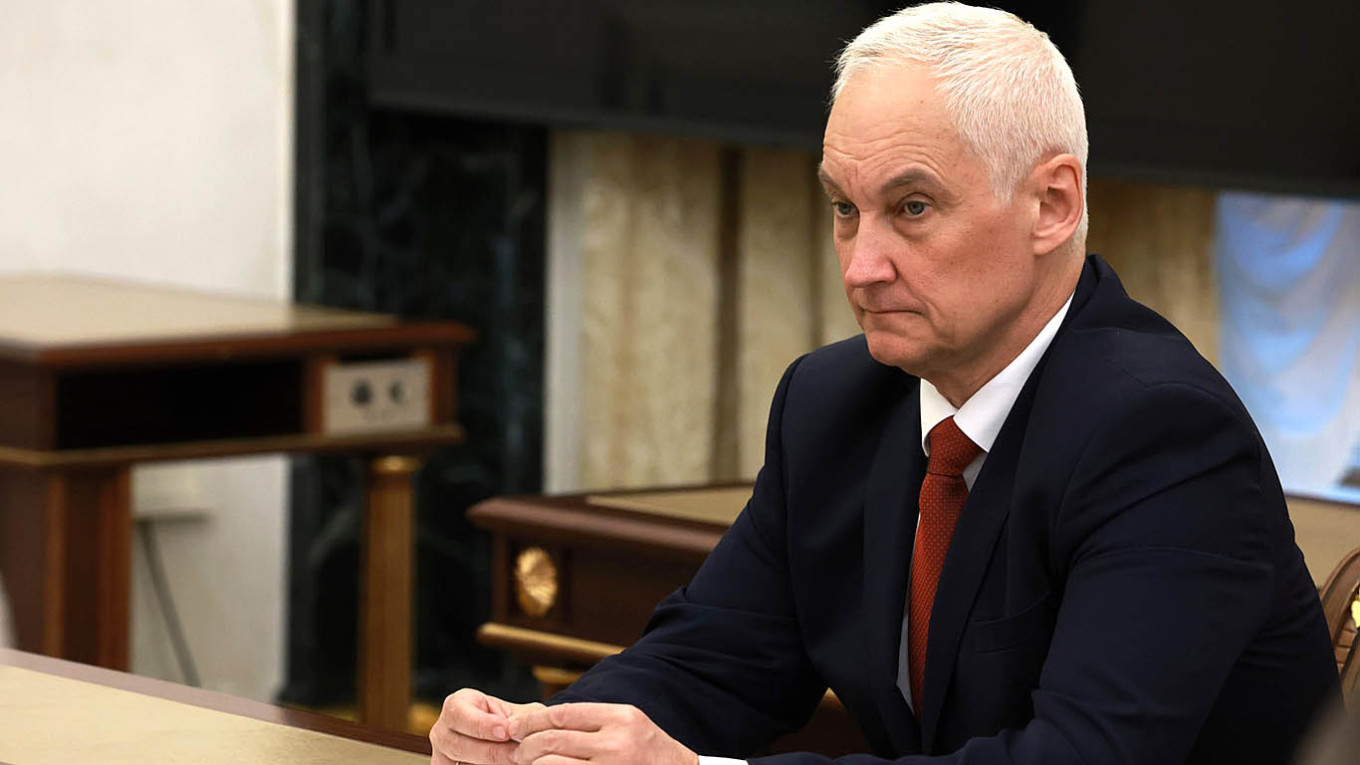
Andrei Belousov was appointed defense minister in May 2024, succeeding the long-serving Sergey Shoigu, who oversaw numerous failures in the first two years of Russia’s full-scale invasion of Ukraine.
Belousov is an economist and technocrat with no military background who was likely given the post to “deploy his number-crunching skills and bureaucratic oversight.”
At the time, analysts called his appointment “bad news for the West,” saying, "It is the development of the theme of a war of attrition.”
He has previously served as Russia’s economic development minister and first deputy prime minister.
Finance Minister Anton Siluanov
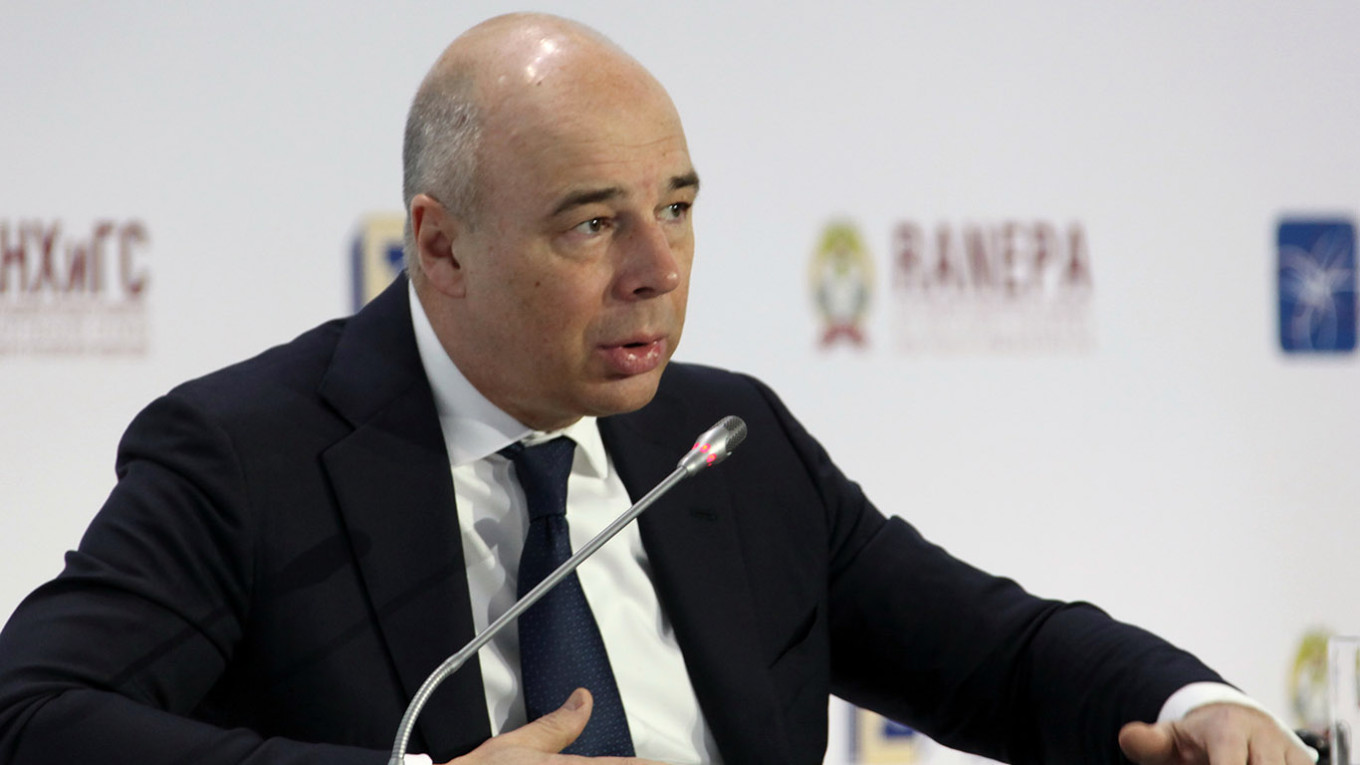
Siluanov has been finance minister since 2011, previously serving as an economist for the minister and on the ministry’s board.
He oversees organizations like Russia’s state property management agency Rosimushchestvo, which is responsible for seizing and holding assets for the state.
In 2024, The Moscow Times’ Russian service estimated that the state seized a record 544.7 billion rubles ($6.71 billion) in assets from at least 67 companies across the food, real estate and retail sectors.
Siluanov has also criticized plans to transfer frozen Russian assets to Kyiv, saying, "[It] undermines the foundations and pillars of the financial system when the gold and foreign exchange reserves of national banks are subject to political restrictions and freezes.”
Hitting back, Siluanov said that Russia could do the same, using frozen Western assets to develop Russia.
American delegation
While Trump is also bringing a high-level delegation to Alaska, dedicated Russia experts are unlikely to be in the room.
“It’s safe to say that Trump does not have a single policymaking person who knows Russia and Ukraine advising him,” Eric Rubin, a former career diplomat who served as U.S. ambassador to Bulgaria during Trump’s first term, told the Financial Times.
Trump’s administration has gutted Foggy Bottom, laying off more than 1,300 staffers in July.
A senior U.S. official familiar with the matter told FT: “My understanding is that the traditional Washington foreign policy process led by the National Security Council has largely broken down in this administration.”
These are the officials representing the U.S. in Anchorage:
Secretary of State Marco Rubio
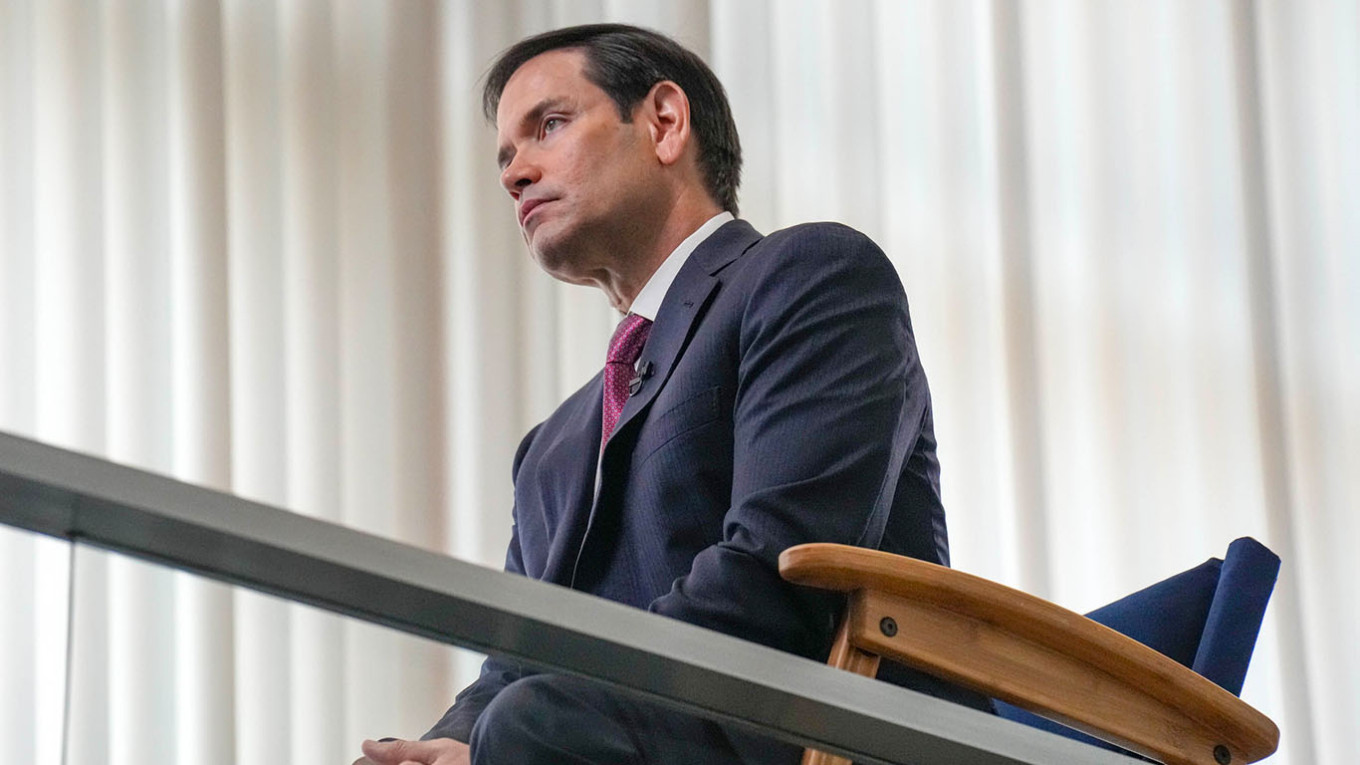
Rubio, a former senator from Florida and prominent Trump critic, has seen his star rise in the second Trump administration.
A onetime champion of support for Ukraine, he has changed his tone to toe the Trump administration’s more isolationist, and some would say sympathetic to Russia, view of the world. According to reporting by CNN, Rubio has amassed major influence in the White House.
Ahead of the Alaska summit, he told reporters: "To achieve a peace, I think we all recognize that there'll have to be some conversation about security guarantees. There'll have to be some conversation about ... territorial disputes and claims, and what they're fighting over.”
"All these things will be part of a comprehensive thing. But I think the President's hope is to achieve some stoppage of fighting so that those conversations can happen."
"[Trump] sees an opportunity to talk about achieving peace.” Rubio continued. “He's going to pursue it, and we'll know tomorrow at some point, as the President said, probably very early in that meeting, whether something is possible or not. We hope it is."
Special envoy Steve Witkoff
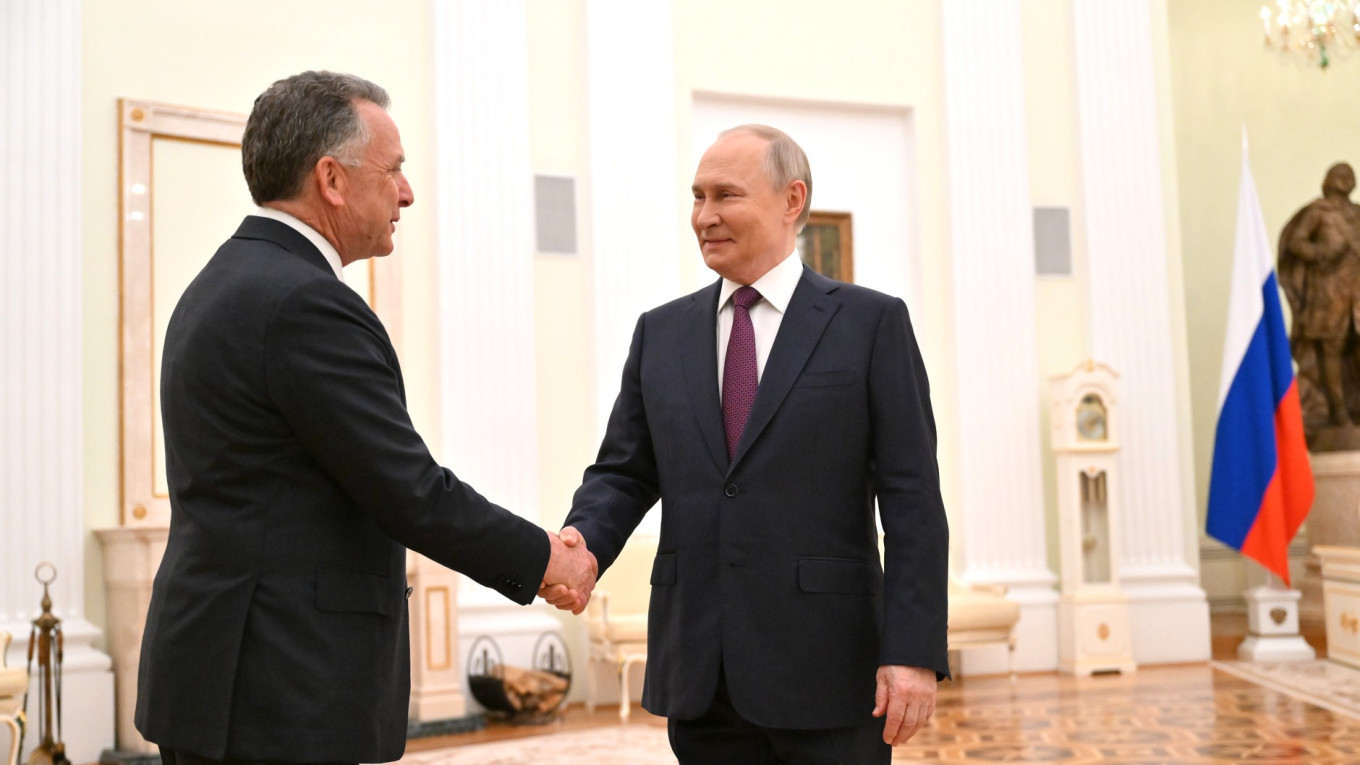
A former commercial real estate tycoon and Trump golf partner who officially serves as special envoy to the Middle East, Witkoff has traveled to Russia several times since Trump took office in January, most recently last week.
Putin reportedly told Witkoff in Moscow that he would agree to a complete ceasefire if Ukraine agreed to withdraw forces from all of Ukraine’s eastern Donetsk region, The Wall Street Journal said.
However, German outlet BILD reported that Witkoff misunderstood the Russian leader during their talks last week, changing his version of the terms multiple times.
Witkoff allegedly understood Russia's demand for Ukraine’s “peaceful withdrawal” from the Kherson and Zaporizhzhia regions as a proposal for Russia to withdraw from those regions.
“Witkoff doesn't know what he's talking about,” a Ukrainian government official told BILD.
That assessment was shared by an anonymous member of Trump’s first administration, who told The New York Post: “Nice guy, but a bumbling f***ing idiot. He should not be doing this alone.”
It was also reported in May that Witkoff used a Kremlin translator in his conversations, declining to bring his own.
Commerce Secretary Howard Lutnick
A Trump donor turned cabinet secretary, Lutnick has been a vocal proponent of Trump’s tariff policy and an outspoken critic of Ukrainian President Volodymyr Zelensky.
Lutnick, who had no foreign policy experience before joining the Trump administration, was brought on to the Ukraine portfolio in February.
After Zelensky’s disastrous Oval Office meeting with Trump that month, Lutnick told Fox News that the Ukrainian president’s “demands” were “ridiculous.”
“We will not give you security guarantees while you are at war with Russia. This is just ridiculous. His demands were ridiculous. They were unreasonable. The president tolerated it for a while. You know, he came to make peace... And Zelensky was not there for peace. He wanted to make some fictional deal that was in his head, and in the end, it just ran out of steam,” he said.
He again invoked the Oval Office meeting when discussing Canada’s conduct in trade negotiations: “You imagine coming into this country, sitting in the Oval Office, having received $300 billion in aid from U.S. and military and NATO and all the rest, and the first words out of your mouth aren’t thank you. Just say thank you.”
CIA Director John Ratcliffe
Ratcliffe, who served as the acting director of national intelligence during Trump’s first term, has been a vocal supporter of Ukraine.
At a Senate hearing in March, Ratcliffe said Ukrainian forces would fight with “their bare hands” if need be.
“The Ukrainian people and the Ukrainian military have been underestimated for a period of several years now. From my reflections in observing, from an intelligence standpoint, I'm convinced that they will fight with their bare hands if they have to, if they don't have terms that are acceptable to an enduring peace.”
After the Trump administration suspended intelligence sharing with Ukraine in March, Ratcliffe said the pause would “go away,” adding that the U.S. would “work shoulder to shoulder with Ukraine as we have to push back on the aggression that's there.”
Treasury Secretary Scott Bessent
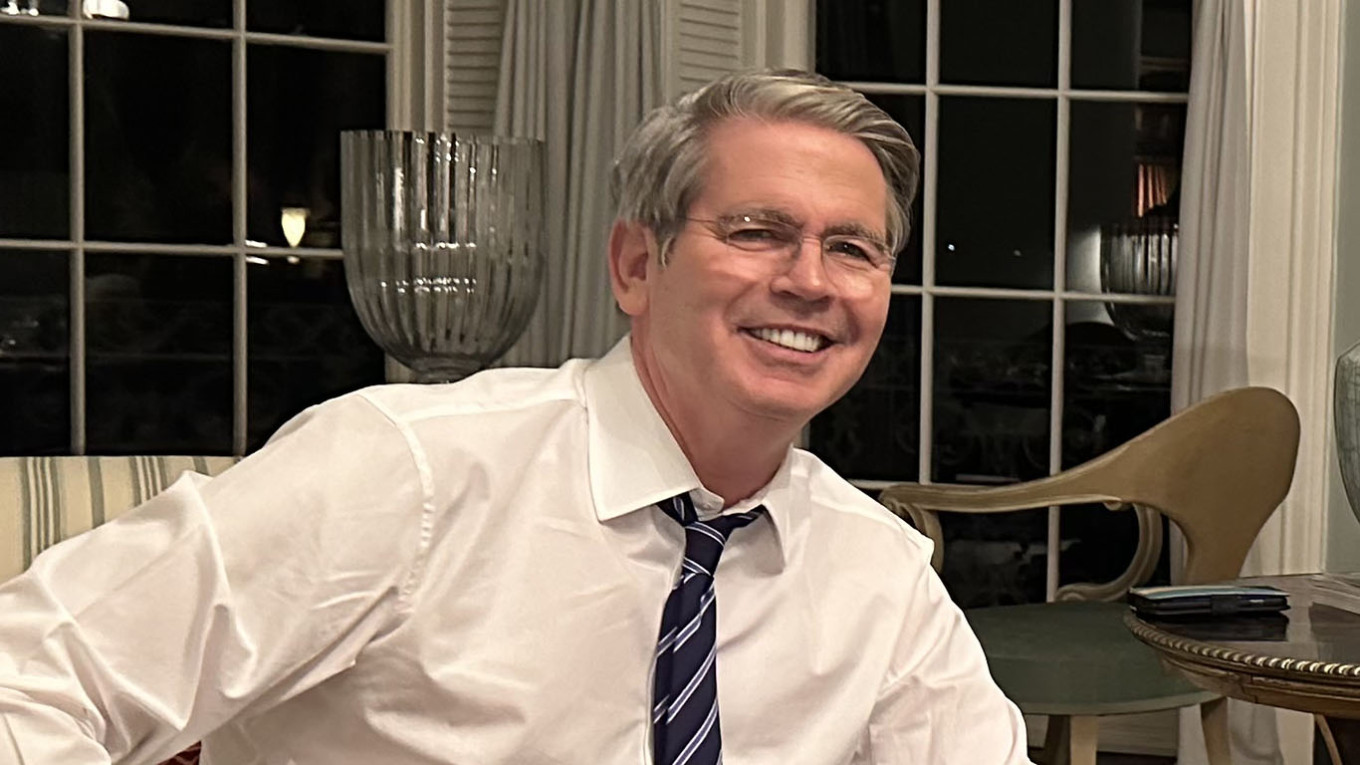
The billionaire former hedge-fund executive will also join the administration's delegation in Alaska.
Bessent told Bloomberg TV that sanctions on Russia “can go up” or “can be loosened” depending on the outcome of Friday’s meeting, and called for European countries to get on board.
“It’s put up or shut up time,” Bessent said. “We put secondary tariffs on the Indians for buying Russian oil. And I could see if things don’t go well, then sanctions or secondary tariffs could go up.”
“Trump will make it clear to President Putin that all options are on the table.”
A Message from The Moscow Times:
Dear readers,
We are facing unprecedented challenges. Russia's Prosecutor General's Office has designated The Moscow Times as an "undesirable" organization, criminalizing our work and putting our staff at risk of prosecution. This follows our earlier unjust labeling as a "foreign agent."
These actions are direct attempts to silence independent journalism in Russia. The authorities claim our work "discredits the decisions of the Russian leadership." We see things differently: we strive to provide accurate, unbiased reporting on Russia.
We, the journalists of The Moscow Times, refuse to be silenced. But to continue our work, we need your help.
Your support, no matter how small, makes a world of difference. If you can, please support us monthly starting from just $2. It's quick to set up, and every contribution makes a significant impact.
By supporting The Moscow Times, you're defending open, independent journalism in the face of repression. Thank you for standing with us.
Remind me later.


